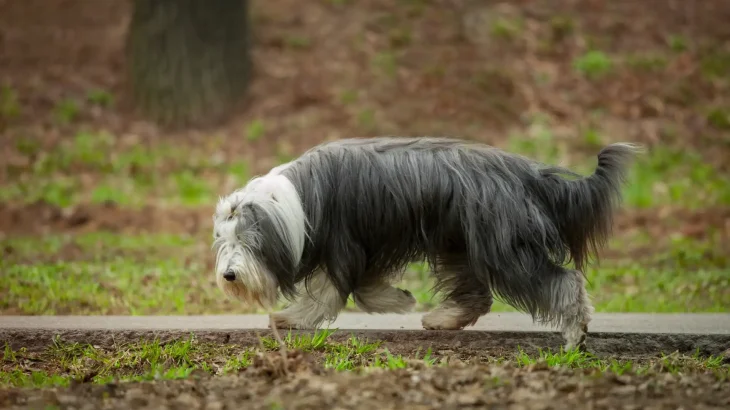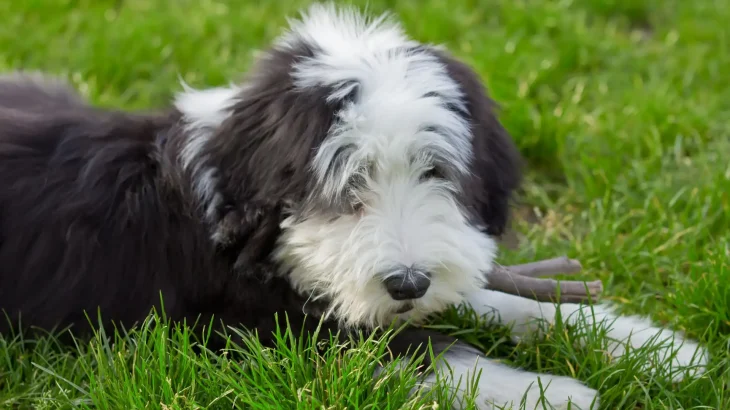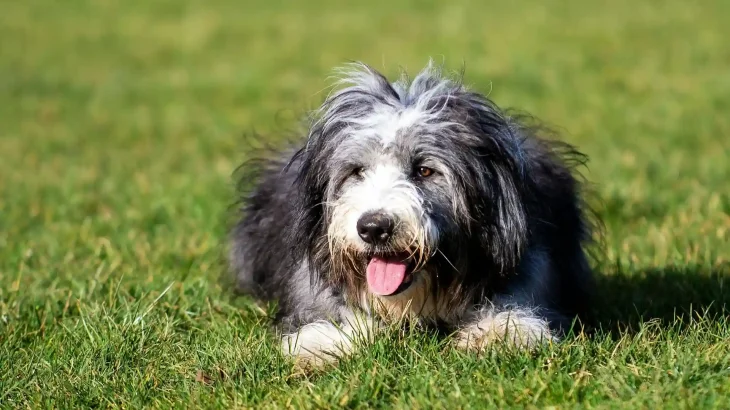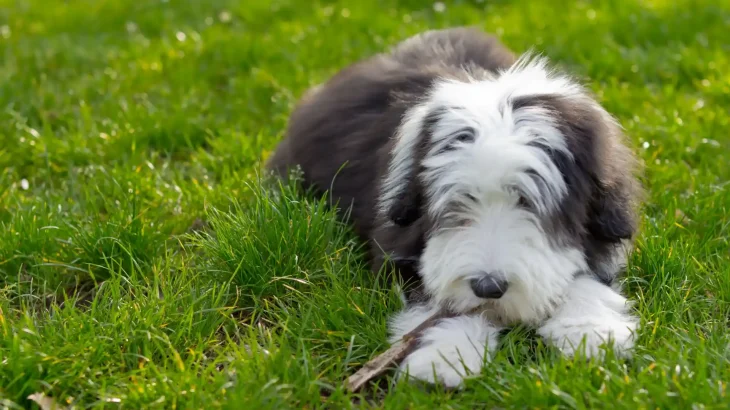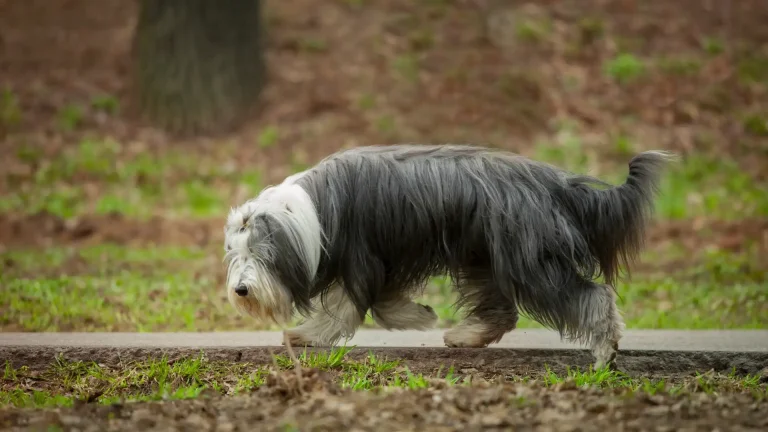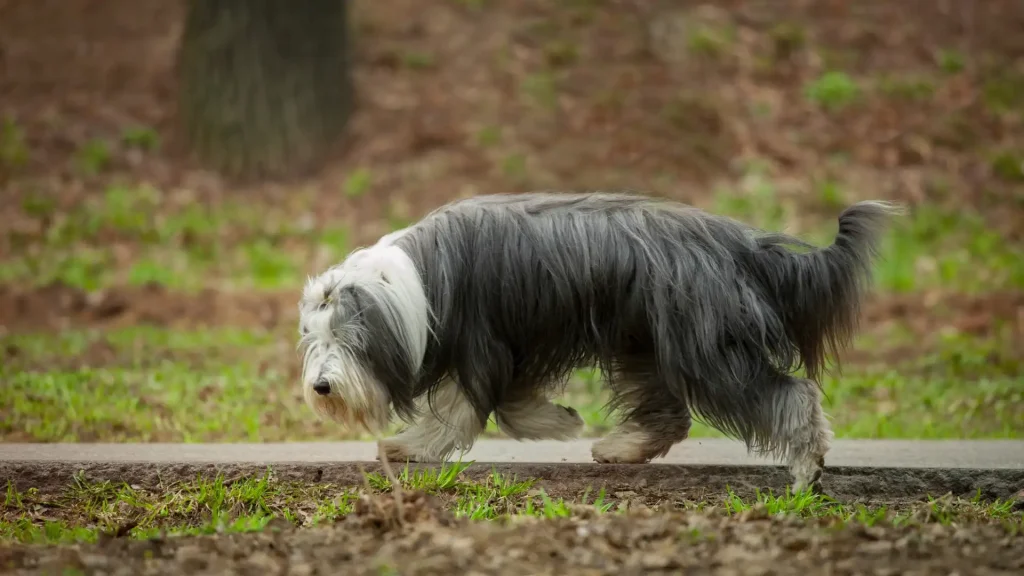Choosing between adopting or purchasing a Bearded Collie puppy involves weighing the benefits of each route. Adoption may provide a loving home to a dog in need, while buying from a breeder often offers more predictable health and lineage details specific to this breed. Your choice depends on factors like cost, health transparency, and ethical considerations.
Adoption vs. Breeder: Pros & Cons
| Criteria | Buying from Breeder | Adopting from Shelter/Rescue |
|---|---|---|
| Cost | Typically higher, reflecting purebred status and breeder care. | Usually lower adoption fees, sometimes including medical care. |
| Health History | Comprehensive records and genetic testing often available. | Health history may be limited or unknown but basic vet checks are usually provided. |
| Age Availability | Usually puppies, allowing early bonding and training. | Variety of ages, including adults and seniors. |
| Temperament Insight | Breeders can share lineage behavior traits and socialization background. | Temperament observed by shelter staff; background may be unclear. |
| Supporting Practices | Supports responsible breeding; important to ensure breeder ethics. | Supports animal welfare and helps reduce shelter populations. |
| Ethical Considerations | Choose ethical breeders to avoid supporting puppy mills. | Provides a home for dogs that might otherwise face euthanasia or long shelter stays. |

